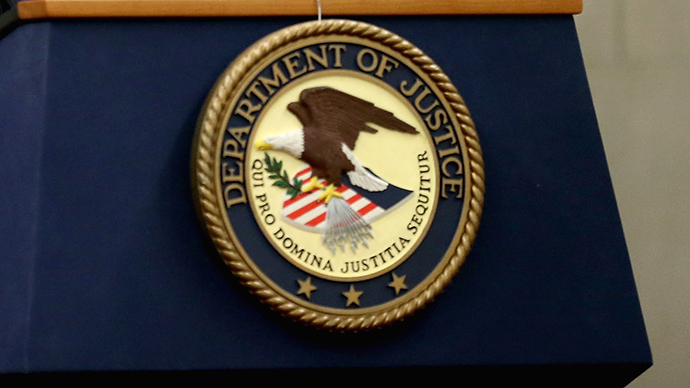In rare loss, FISA court rejects Justice Dept request to retain data

The federal surveillance court that has approved all but a fraction of the NSA's intelligence requests nonetheless rejected a petition by the government to retain phone records for longer than five years, as is currently allowed.
The US Foreign Intelligence Surveillance Court (also known as the FISA Court) was established in 1978 as a gatekeeper that would approve or deny surveillance warrants against suspect foreign enemies living inside the United States. Since that date, the court has denied 11 of the nearly 34,000 surveillance requests by the government.
While judges on the court have said that they force the government to make changes to approximately one-quarter of those requests, the .03 percent decline rate has been startling to civil liberties advocates.
Judge Reggie Walton acted as a rare bump in that road this week when he denied the US Department of Justice’s request to keep the telephone metadata collected by the NSA past the five-year deadline. The Obama administration had asked the FISA Court to bend the rules so that the Justice Department could adequately defend itself from a series of lawsuits filed by various groups, the American Civil Liberties Union (ACLU) and Electronic Frontier Foundation (EFF) chief among them.
US attorneys argued in a court filing last month that when “preservation of information is required, the duty to preserve supersedes statutory or regulatory requirements or records-management policies that would otherwise result in the destruction of the information.”
Authorities proposed that the information be retained, although they sought to make it illegal for any NSA analyst to examine the data as they would information that is not five years old.
That is not enough of an excuse, Walton ruled, saying that he found that rationale to be “simply unresponsive” and that the groups that have filed suit are hoping for “the destruction of the [telephone] metadata, not its retention.”
The judge concluded that any reason to keep the telephone records is outweighed by the damage that such a decision would do to privacy.
Justice Department attorneys may have expected such a decision from Walton who, even as chief judge of the FISA Court, has admitted skepticism with the program since the government’s methods were first revealed. Judge Walton told The Washington Post in August that the court, which is supposed to act as the final barometer, is unable to verify the very information provided by law enforcement.
“The FISC is forced to rely upon the accuracy of the information that is provided to the court,” he wrote. “The FISC does not have the capacity to investigate issues of noncompliance, and in that respect the FISC is in the same position as any other court when it comes to enforcing [government] compliance with its orders.”














